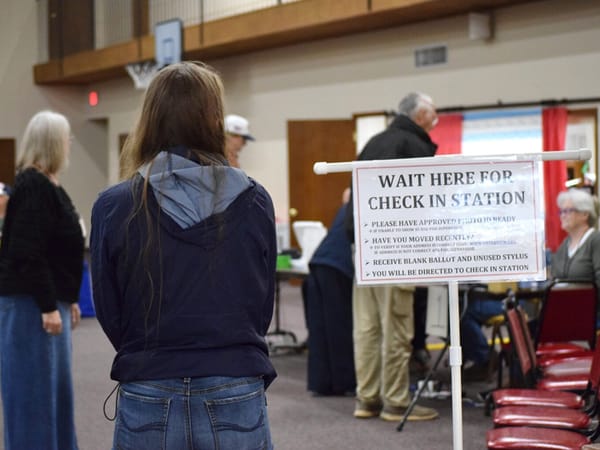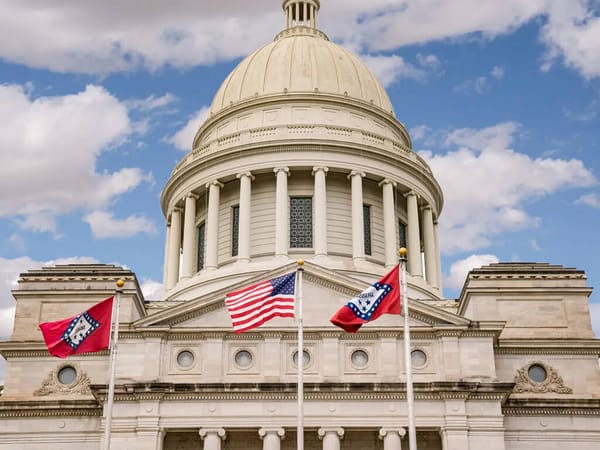Critical Race Theory Ban in Arkansas Gets Federal Court’s Backing
The 8th Circuit Court of Appeals has upheld Arkansas’s ban on critical race theory in public schools. Supporters call it a win for educational freedom, while critics warn it could restrict open inquiry.

On July 16, the 8th Circuit Court of Appeals issued a ruling that allows Arkansas to enforce its ban on critical race theory, an academic framework that examines how race, law, and media intersect in shaping systemic power and inequality.
The three judge panel struck down a prior injunction that had partially suspended the ban, ruling that the First Amendment does not grant students the right to demand the inclusion of specific ideologies in public school curricula. The decision, which touches one of the most divisive debates in American education, may influence how classroom content is regulated across the nation.
Conservatives view the ruling as a victory against what they call a divisive agenda. Liberals, however, warn it risks opening the door to ideological censorship in public schools.
How the Ban Began
In January 2023, Arkansas Governor Sarah Huckabee Sanders signed an executive order banning the teaching of critical race theory and what she called ideological indoctrination in public schools. The action was part of a broader campaign underway in several Republican led states.
Later that year, Ruthie Walls, a teacher at Central High School, joined by two students and two parents, filed a lawsuit against the governor and other state officials. The plaintiffs argued that the executive order violated their First Amendment rights.
A district court initially sided with the group and temporarily blocked the order, prompting state officials to appeal. The executive order argued that critical race theory conflicts with American principles such as neutrality, equality, and fairness. It claimed the framework places race at the center of identity and revives ways of thinking that once justified segregation, an ideology the nation has long sought to overcome.
The Court’s Ruling
The appellate court ultimately sided with the state. It determined that classroom instruction constitutes government speech and is therefore not protected under the First Amendment’s Free Speech Clause.
Since the students acknowledged they were challenging the government’s own speech, the panel concluded their case could not proceed. The judges emphasized that the Free Speech Clause does not permit individuals to compel the government to endorse ideas it does not support.
As a result, the panel overturned the district court’s preliminary injunction, clearing the way for enforcement of the governor’s executive order.
Concerns and Reactions
Although the ruling noted the plaintiffs’ concerns, particularly the risk that state control over curriculum could promote ideology rather than education, the judges said those concerns amounted to policy disagreements, not constitutional violations.
Governor Sarah Huckabee Sanders welcomed the decision, calling it a victory for what she sees as practical governance and educational freedom. She has framed herself as a leading figure in the conservative effort to ban critical race theory and similar frameworks, arguing that schools should prioritize teaching critical thinking skills rather than prescribing viewpoints.
Arkansas Attorney General Tim Griffin also praised the ruling, describing it as a reaffirmation of democratic authority over public school curricula.
Broader Implications
The decision highlights a dividing line in the ongoing cultural conflict over education and national identity. As state governments expand their role in shaping classroom instruction, teachers, students, and parents must navigate a climate of uncertainty and ideological tension.
Critics, particularly from liberal groups, caution that the ruling could narrow the space for open inquiry in public education. With both sides deeply invested, the issue is almost certain to continue evolving in Arkansas and across the country.





